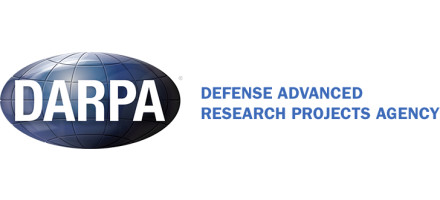University, Army researchers: We've generated the fastest-ever light pulse
NewsOctober 05, 2017

ORLANDO, Fla. Researchers at the University of Central Florida (UCF) have generated what is being deemed the fastest light pulse ever developed.The 53-attosecond pulse, produced by professor Zenhgu Chang -- UCF trustee chair and professor in the Center for Research and Education in Optics and Lasers, College of Optics and Photonics, and Department of Physics together with his engineering group at the university, beats the team's record of a 67-attosecond extreme ultraviolet light pulse set in 2012. (One attosecond is one-quintillionth of a second.)
The UCF research is funded by the U.S. Army Research Laboratory's Army Research Office (ARO) and its Multidisciplinary University Research Initiative, called "Post-Born-Oppenheimer Dynamics Using Isolated Attosecond Pulses," headed by ARO's Jim Parker and Rich Hammond.
Attosecond light pulses allow scientists to capture images of fast-moving electrons in atoms and molecules with unprecedented sharpness, thereby enabling advancements in solar-panel technology, logic and memory chips for mobile phones and computers, and in the military in terms of increasing the speed of electronics and sensors, as well as threat identification.
"This is the shortest laser pulse ever produced," ARO's Hammond said. "It opens new doors in spectroscopy, allowing the identification of pernicious substances and explosive residue." He went on to note that the team's achievement is also a new and very effective tool to understand the dynamics of atoms and molecules, allowing observations of how molecules form and how electrons in atoms and molecules behave: "This can also be extended to condensed matter systems, allowing unprecedented accuracy and detail of atomic, molecular, and even phase changes. This sets the stage for many new kinds of experiments, and pushes physics forward with the ability to understand matter better than ever before."







